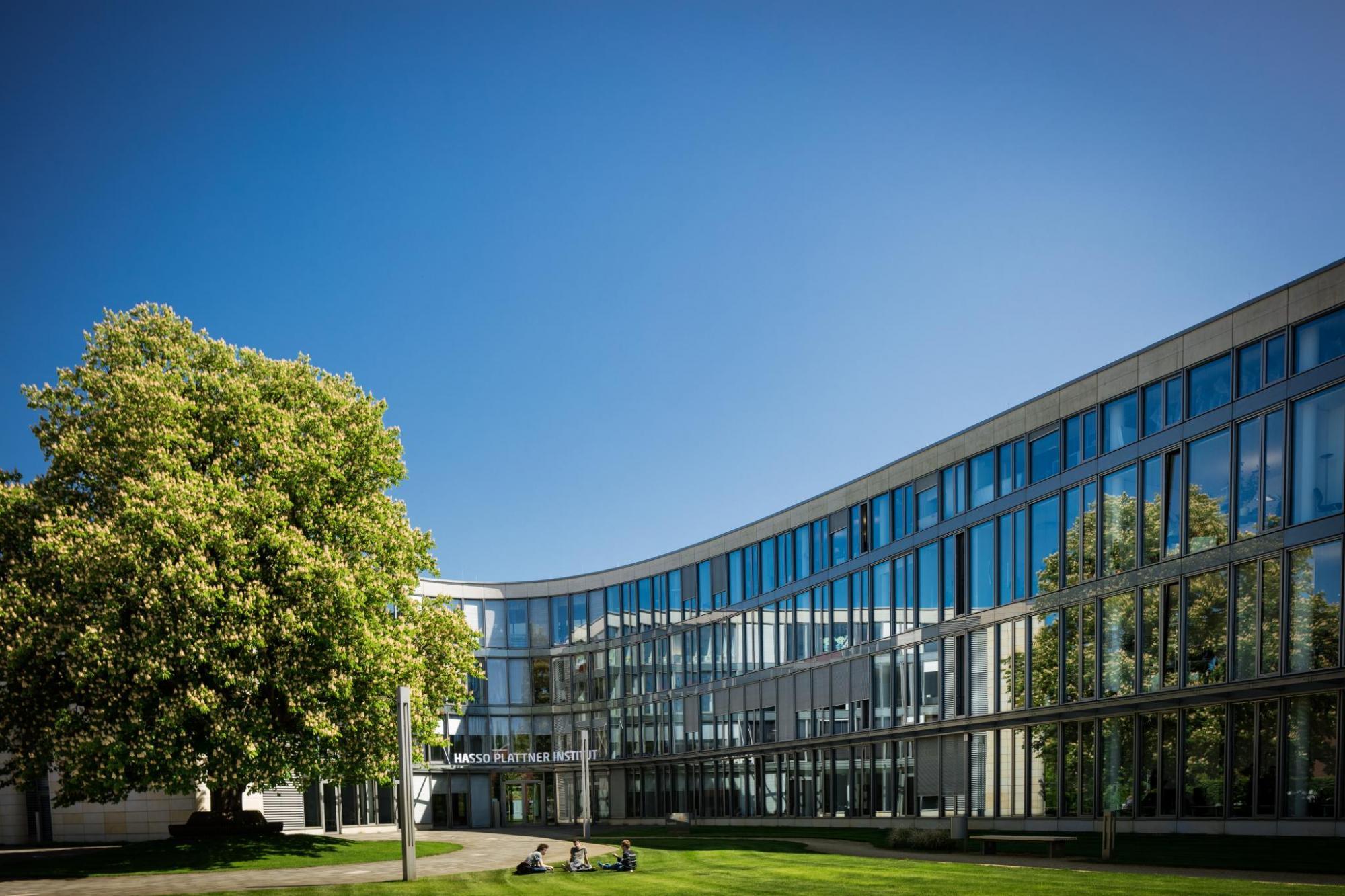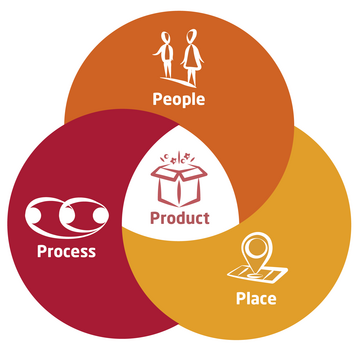The team pursues two major objectives concerning creative products. First, we facilitate the development of good, worthwhile and ethically sound innovation by developing need-based product assessments. Second, we develop innovative outcomes in the realms of design thinking and art.
The Needs-Based Outcome Assessment (NOA) allows designers and also political decision makers to reflect on the benefits and risks of a product. The analysis screens seven categories of basic human need.
The Needs-Dictionary is an extension to the software Linguistic Inquiry and Word Count. It allows an automatic screening of text documents from design (thinking) projects. Users obtain numeric feedback as to which need domains are well-addressed, compared to potential blind spots that might exist in other need domains.
The Economics Dictionary is another extension to the software Linguistic Inquiry and Word Count. It can be used with text documents from design thinking projects and further sources such as political position papers. The dictionary provides automatic feedback on economic considerations in texts, spanning a number of categories such as markets, labour or trade.
The Brain Data Sonification platform translates EEG data into a 3D auditory experience, offering an intuitive exploration of brain activity through spatial sonification. It is available as a web-based application and as a physical room installation.
In the realm of design thinking frameworks, we advance strategies to predict and measure Product Creativity in automated ways.
These are some sample products co-developed by team members of this group:
Tele-Board MED is a medical documentation system, where doctors and patients get to work on treatment notes in a collaborative manner.
Environmental Instruments is an art project, at the intersection of technology, music and ecology. Artificial neural networks are used to encode the soundscape of selected places, for instance in a public park. The network can then be “played” like a musical instrument via a three dimensional movement interface.
The Introspective Garden employs EEG technology to craft an immersive sound experience within a garden setting, guiding listeners toward mindfulness and a deeper appreciation of their ecological surroundings.
The Genetic Musical Material Generator allows you to create musical compositions co-creatively with an AI, based on stochastic processes, your musical preferences and genetic algorithms.



